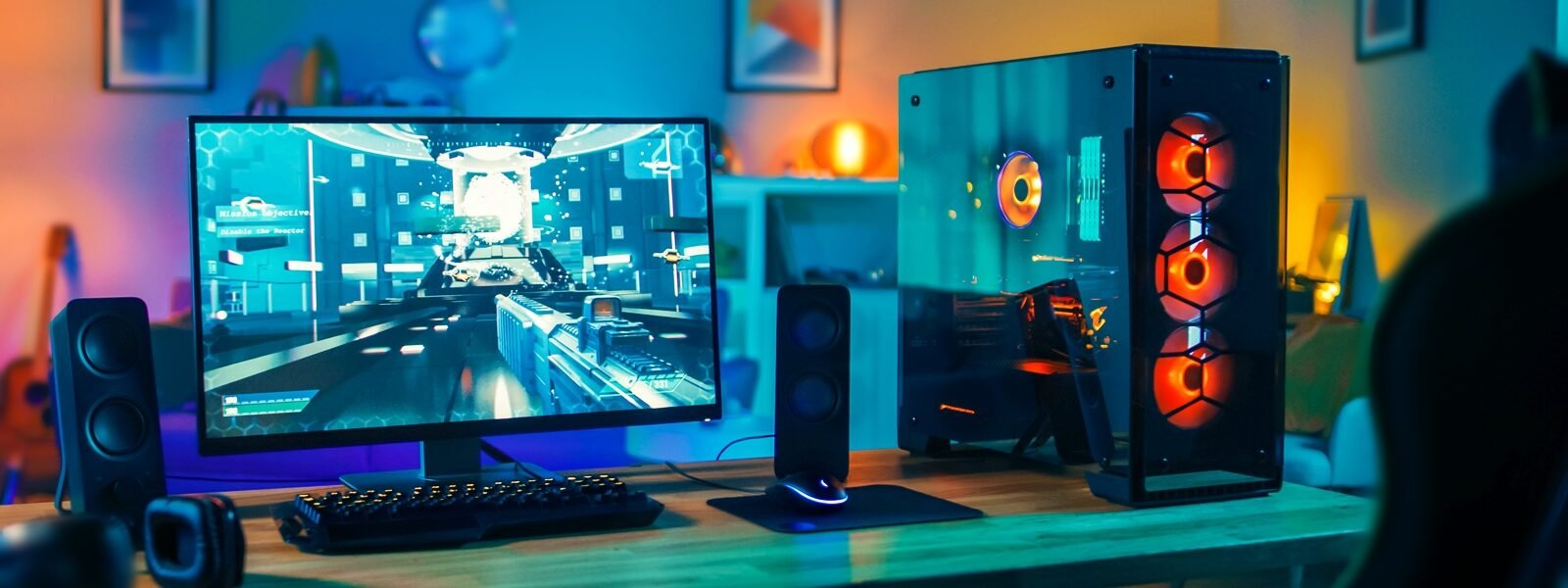The gaming PC market in Pakistan has seen significant growth in recent years, driven by the increasing popularity of eSports and online gaming. As more gamers seek high-performance machines, understanding the factors that influence gaming PC prices becomes crucial. TechMatched.pk makes it easier to buy a PC in Pakistan. Here are some key factors that affect the cost of gaming PCs in Pakistan:
1. Import Duties and Taxes
One of the most significant factors affecting gaming PC prices in Pakistan is the import duties and taxes levied on electronic goods. Since most gaming components are imported, these additional costs can substantially increase the retail price of gaming PCs. The government’s policies on import duties and taxes can directly impact the final price of gaming hardware.
2. Exchange Rates
The fluctuation of the Pakistani Rupee against major currencies like the US Dollar can also impact the cost of imported gaming hardware. A weaker rupee can lead to higher prices for gaming components, as importers have to spend more to purchase the same amount of hardware. This exchange rate volatility can make it challenging for consumers to predict the cost of gaming PCs.
3. Availability and Demand
The availability of specific gaming components and the overall demand for gaming PCs in Pakistan play a crucial role in determining prices. High demand for popular components, such as the latest graphics cards, can drive up prices, especially if supply is limited. Conversely, when supply exceeds demand, prices may decrease.
4. Brand and Warranty
The brand of the components and the warranty offered by retailers can also influence prices. Premium brands with better reputations and extended warranties tend to be more expensive but offer greater reliability and customer support. Consumers may be willing to pay a premium for trusted brands that provide peace of mind.
5. Local Market Dynamics
Local market conditions, including competition among retailers and seasonal sales or promotions, can affect gaming PC prices. Competitive pricing and discounts during festive seasons can provide better deals for consumers. Retailers may also offer promotions to attract customers and clear out inventory.
6. Hardware Specifications
The specifications of the hardware components used in a gaming PC significantly impact its price. High-end processors (CPUs), powerful graphics cards (GPUs), ample RAM, and fast storage solutions all contribute to the overall cost. The more advanced the components, the higher the price of the gaming PC.
7. After-Sales Service
The quality of after-sales service and support can also affect the price of gaming PCs. Retailers that offer comprehensive warranties, customer support, and repair services may charge more for their products. Consumers may be willing to pay extra for the assurance of reliable after-sales support.
8. Currency Devaluation
The devaluation of the Pakistani Rupee can lead to higher prices for imported gaming hardware. As the value of the rupee decreases, the cost of importing components rises, which is then passed on to consumers in the form of higher prices. This can make it challenging for gamers to afford high-end gaming PCs.
9. Global Hardware Demand
Global demand for gaming hardware can also influence prices in Pakistan. When there is high demand for gaming components worldwide, prices may increase due to supply chain constraints and competition for limited stock. This can make it difficult for consumers to find affordable gaming PCs.
10. Local Manufacturing and Assembly
While most gaming components are imported, some local assembly and retailing of these components into complete gaming PCs are carried out by local resellers and vendors. The cost of local manufacturing and assembly can also impact the final price of gaming PCs. Local vendors may offer competitive prices to attract customers, but the overall cost may still be higher due to import duties and taxes.
Conclusion
In conclusion, several factors influence the gaming pc price in Pakistan, including import duties, exchange rates, availability, brand reputation, hardware specifications, local market dynamics, after-sales service, currency devaluation, global hardware demand, and local manufacturing. Understanding these factors can help consumers make informed decisions when purchasing a gaming PC and ensure they get the best value for their money.
